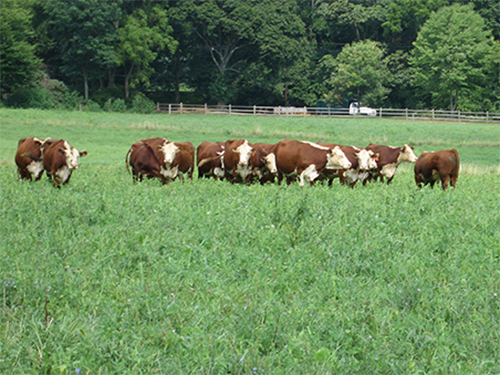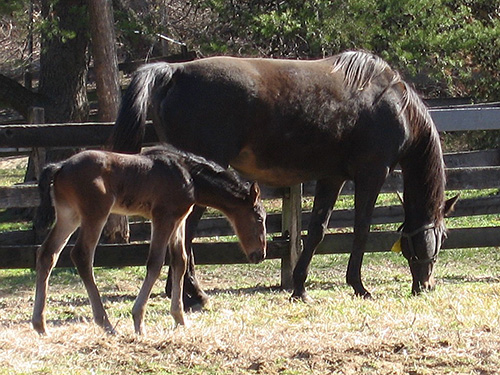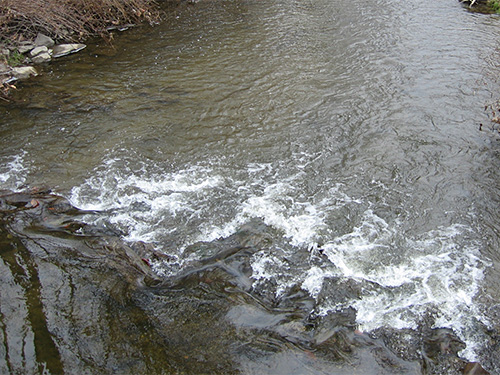
Many factors can infuence a livestock farm’s impact on the environment. These include the type of animal, size and number; the distance to water; soil type and slope of the land; weather; distance to neighbors; and the conservation practices employed. Livestock farms can implement management practices or procedures that maintain or improve the farm’s profts. For example, land application of manure can reduce the expense of purchasing commercial fertilizer. These science based and time tested practices are referred to as Best Management Practices (BMPs).
The advantages of BMPs include their variety, completeness, implementation and flexibility. Implementing BMPs range from making simple changes to structures that hold manure to changes in manure spreading practices and crop rotation. They are meant to be practical and can be adapted to fit any animal farm.
Evaluating Your Farm
Protecting the environment with BMPs begins by evaluating your farm to identify likely pollution sources and their effect on the surrounding environment. Consider the following when evaluating your farm:
Animal Type, Size and Number
Animal manure difers in its nutrient value; swine and poultry manures have higher levels of nitrogen and phosphorus than others. Manure nutrients can be lost in the storage process. Overstocking small-scale livestock farms may cause significant water quality impairment. This occurs when too many animals are kept on too few acres and stormwater moves the excess nutrients into water bodies. On farms where animals are confned and manure is collected, overstocking often leads to large amounts of manure that must be stored for land application.
Overstocking small-scale livestock farms may cause water quality damage.
Distance to Water
Farm animals should not have uncontrolled access to streams. Ponds should be fenced off and drinking water made available to the animals. Grass strips or buffers should be established between fields where manure is applied.
Soil Type
Sandy or gravelly soils infiltrate water rapidly for long periods, and drain off quickly. Pesticides, fertilizer, and manure can filter through the soil to wells, streams,and ponds. Steeper slopes increase the likelihood of runoff.
Weather
High rainfall increases the chance that pollutants will enter nearby water sources. By using BMPs pollutants are prevented from washing into nearby waters during the rainy season.
Distance to Neighbors
If neighbors live close to the farm, use BMPs to reduce nuisances like dust, odor, and flies.



